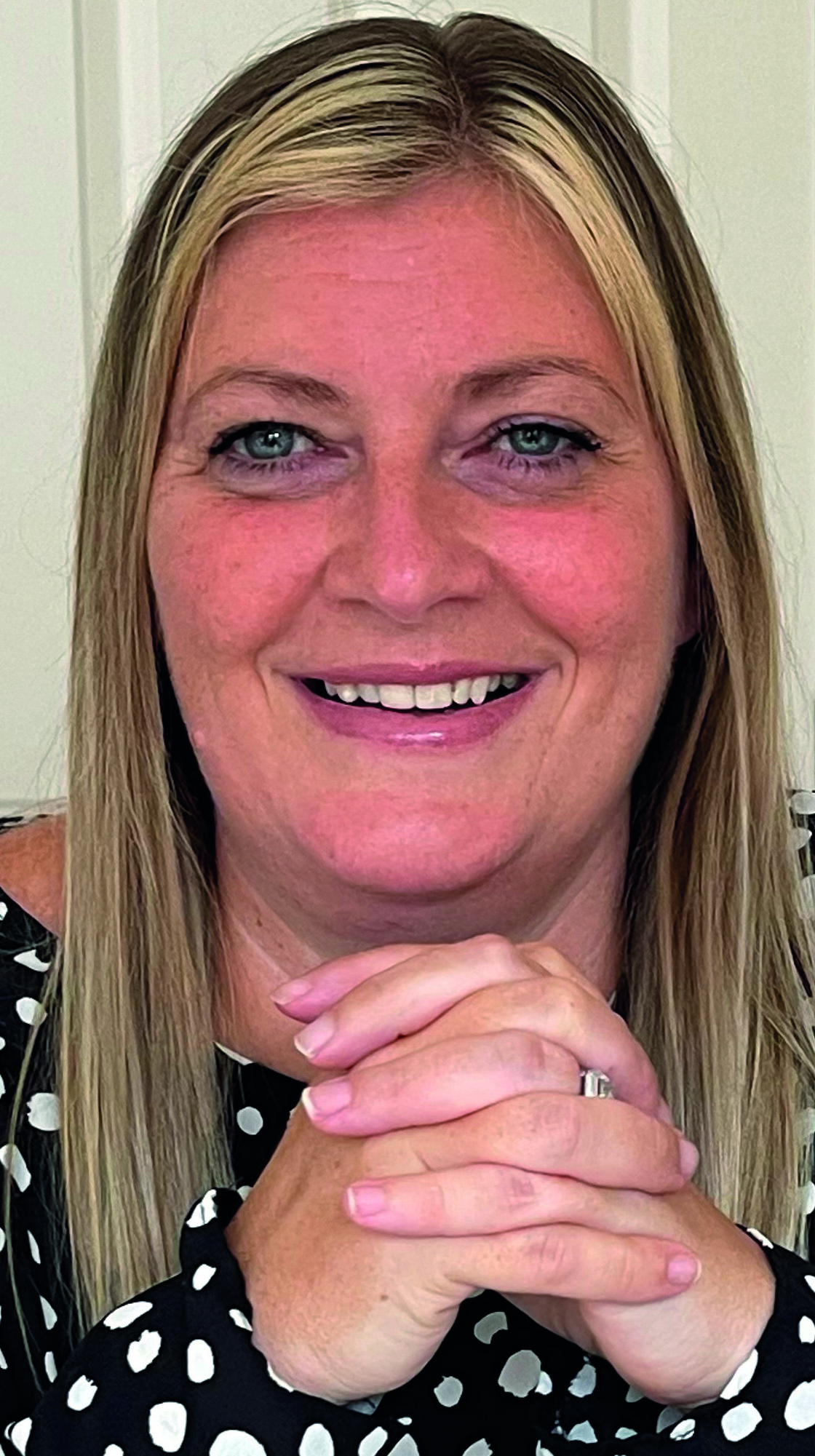
Q. During a safeguarding update, we were advised to conduct social media searches on candidates. Do other managers do this when they recruit? What do you look for and do you ask candidates to include their social media accounts in their application? It seems a minefield!
 Gillian Isaac-Lovett, operations manager, Charnwood Nursery and Preschool
Gillian Isaac-Lovett, operations manager, Charnwood Nursery and Preschool
‘Social media is a part of everyday life for everybody. We advertise our roles on social media and do social media checks on prospective staff to strengthen our safer recruitment process. We do a Google search and also look at platforms including TikTok, Facebook, Twitter, YouTube, Instagram and LinkedIn.
‘We don't ask applicants to provide their social media accounts for two reasons. Firstly, then people could set up a false account. And secondly, in terms of data protection, people have already made a decision about whether to set their profiles to public or private. If the accounts are open, they have given permission for people to view them already.
‘If candidates have set their social media platforms to private, then we ask them if we can look at them. Our experience is that candidates are open to this.
‘The reason we do this is to check suitability for the role. From a public online persona, you can get a sense of someone's integrity. We do look out for posts that might raise concerns, such as extreme political, social or religious views. Or if an applicant is regularly abusing alcohol, drugs, or using foul language. But equally we look for positive qualities.
‘It is important to not be discriminative. Keep in mind any unconscious bias and the requirements of the Equality Act. Also look at time scales – perhaps someone had a past of alcohol abuse, but that ended several years ago.
‘Finally, government guidance says schools and colleges should consider carrying out an online search. Why not early years as well?’
 Kathleen Philpott, nursery manager, Banana Moon Day Nursery Bromley
Kathleen Philpott, nursery manager, Banana Moon Day Nursery Bromley
‘We don't conduct social media searches on any of our candidates as part of our standard recruitment. Most people have private accounts on social media platforms so we would not be able to see their social media anyway. We also have older staff here who don't use social media, so in terms of equal opportunities, it would not be fair.
‘We also feel it's unfair to make a judgement about someone's picture. If you look at an applicant's social media, what are you looking for exactly? We do robust referencing, as well as all the necessary due diligence on application forms. We have first- and second-round interviews. Our safeguarding checks are tight. There's really no reason why we’d need to search applicants’ social media. If a referee raised a concern, we would dig deeper on that with the candidate.
‘LinkedIn is different from other platforms. We consider that to be work social media. We might look at a candidate's LinkedIn page, especially if they have looked at our nursery LinkedIn page, which we’d see as we would receive a notification that they viewed us.
‘Also, if they came to our Facebook page, and “liked” us, we may then look back at their page. But we consider it to be a positive sign if candidates are checking out the nursery's social media.’
 Clare Ford, quality support lead, Monkey Puzzle Nurseries
Clare Ford, quality support lead, Monkey Puzzle Nurseries
‘Looking at social media is a good idea and I would absolutely do an internet check on a candidate. The question is what to do with that information.
‘Safeguarding is about protecting children. If you are going down the route of social media, you need to be clear about your intentions. It should not be used as a reason to, for example, stalk somebody. Employees are entitled to have a private life and go out and have fun. What we are looking for are red flags about their suitability to work with children.
‘If you find anything that rings alarm bells, don't take that in isolation. You have to also think about references and Disclosure and Barring Service checks. Social media can only be part of the background checks you conduct. But references these days are usually only one line long.
‘I suggest having a disclaimer advising candidates that you will conduct a search. Although that information is in the public domain, it's important to be transparent that part of your process includes an internet search. If a candidate has something to hide, they probably would not apply if they see that, in which case, you wouldn't have wanted to hire that person anyway.
‘Also be aware of current staff's social media footprint. You have to carry out ongoing suitability checks.’









